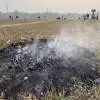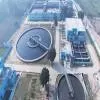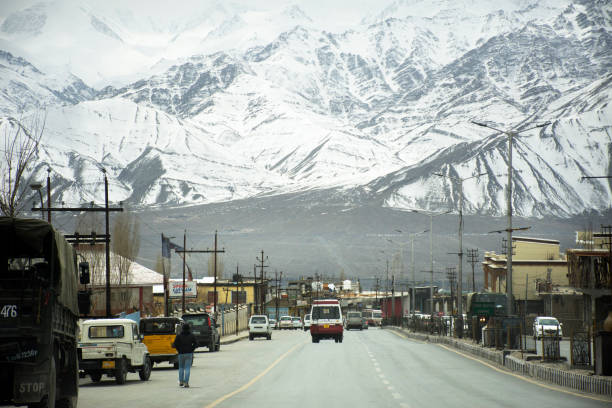
Road projects in Jammu & Kashmir and Ladakh improving travel
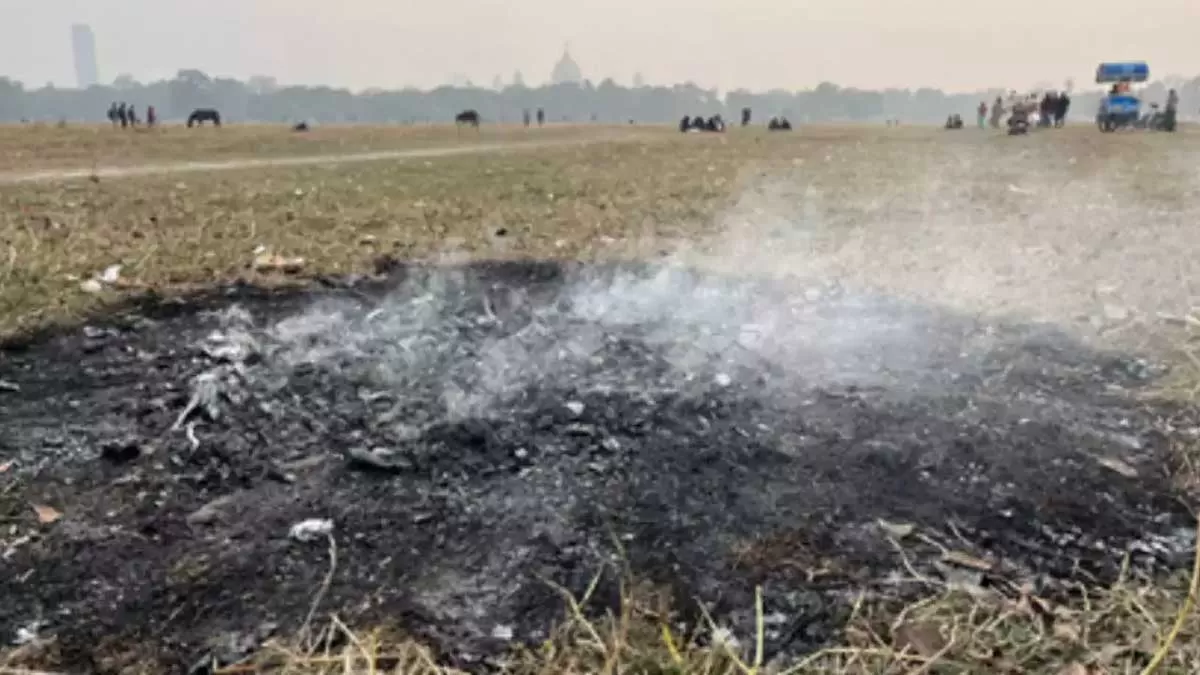
Biomass Burning Key Culprit Behind Kolkata’s Air Toxicity: Study
Kolkata, a city marked under India’s National Clean Air Programme (NCAP), continues to grapple with hazardous air despite national efforts, due to the unchecked burning of biomass and solid waste. A new study by the Bose Institute has revealed a sharp correlation between ultrafine particulate matter (PM2.5) and rising toxicity levels, identifying waste burning as a key contributor. The research, led by Prof. Abhijit Chatterjee and his team, studied the oxidative potential (OP) of PM2.5—referring to its capacity to produce reactive oxygen species (ROS) in human lungs. These ROS can overwhe..
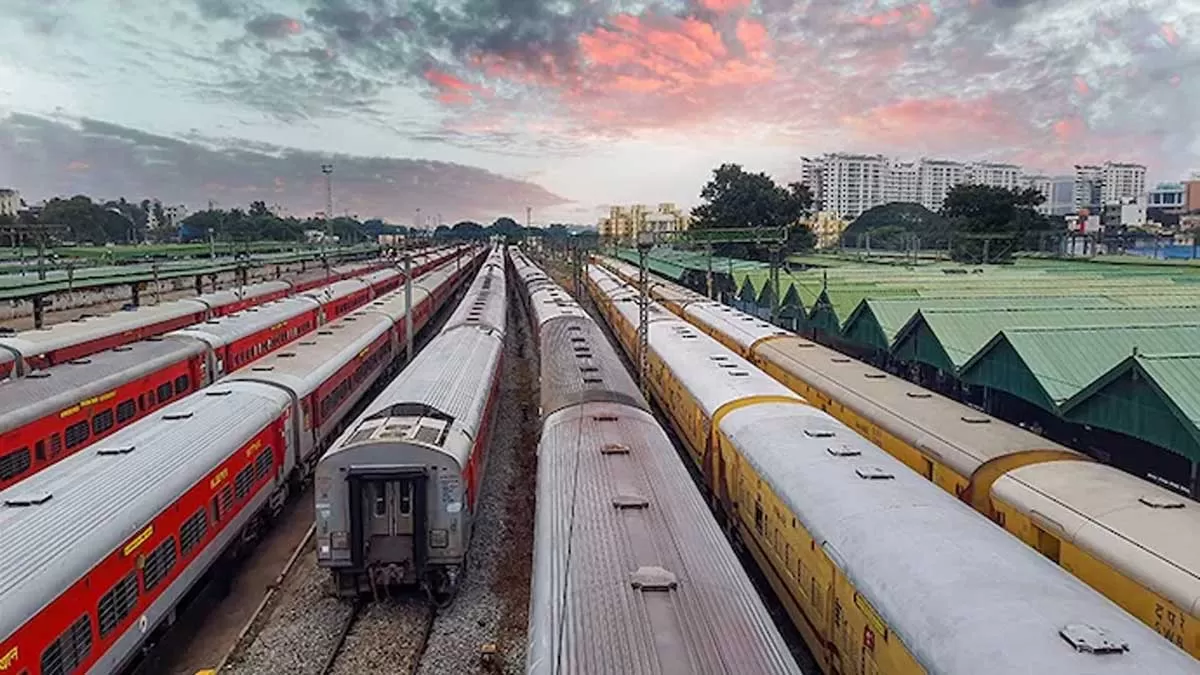
Rail Infra Boom in Maharashtra: Rs 1.74 Trillion Push for Better Trains
In a major press interaction held in Mumbai themed “Better Infrastructure, Better Technology, Better Trains,” Maharashtra Chief Minister Devendra Fadnavis and Union Minister of Railways Ashwini Vaishnaw jointly presented a comprehensive picture of the transformation underway in Maharashtra’s railway network—particularly the high-density Mumbai Suburban Railway. Better Infrastructure Union Minister Vaishnaw emphasized the importance of infrastructure in expanding suburban services. Rail projects worth nearly Rs 170 billion (approx. USD 2 billion) covering over 300 km of new lines are ..
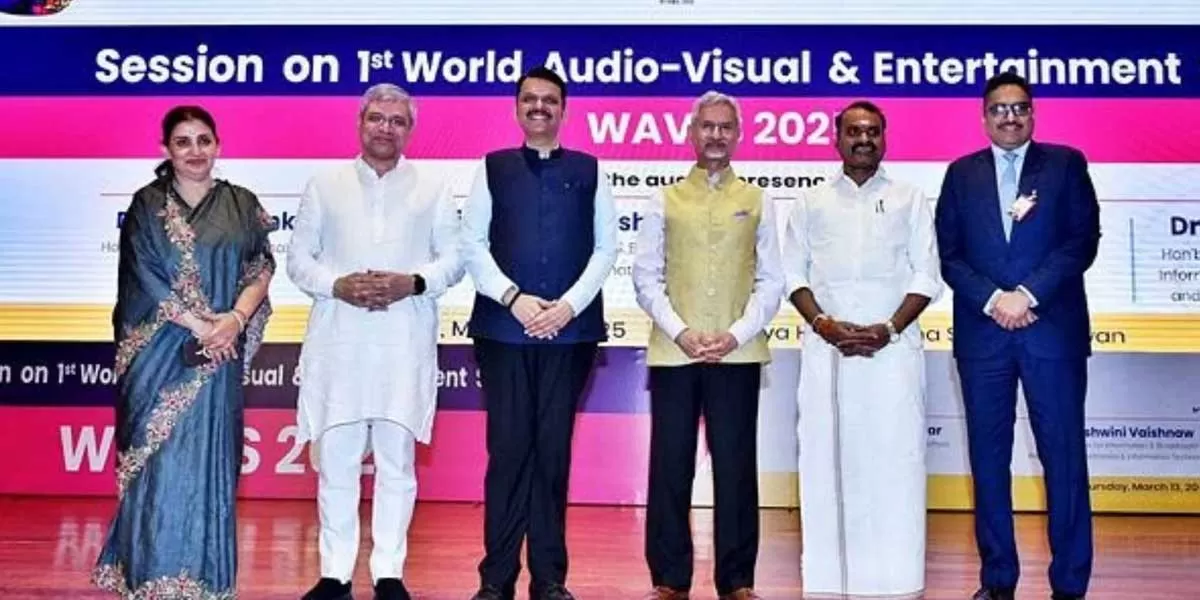
India’s First Creative Tech Institute Coming to Mumbai
In a major push to India’s creative economy, the Union Ministry of Information & Broadcasting today signed a Memorandum of Understanding (MoU) with the Government of Maharashtra, Maharashtra Film, Stage & Cultural Development Corporation Ltd. (MFSCDCL), and the Indian Institute of Creative Technologies (IICT) for the establishment of a world-class institute dedicated to the Animation, Visual Effects, Gaming, Comics, and Extended Reality (AVGC-XR) sector. The MoU was exchanged in Mumbai between Chief Secretary of Maharashtra Ms. Sujata Saunik and Information & Broadcasting Secretary Shri San..




